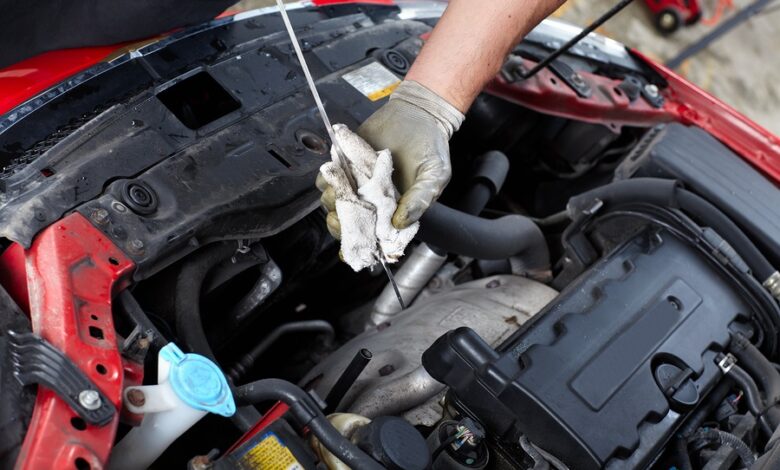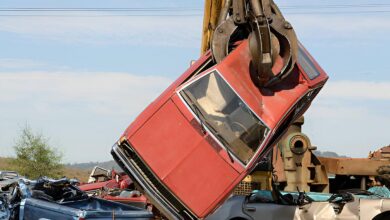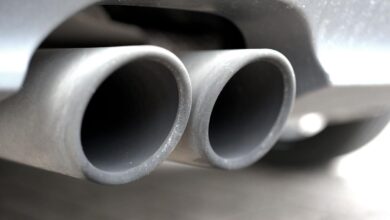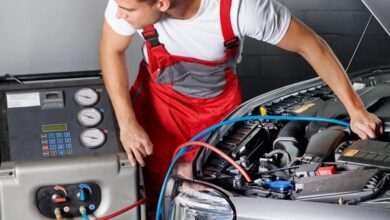How to Troubleshoot Common Diesel Car Problems

Maintaining a diesel vehicle might be difficult, but you can solve common problems more effectively if you know a few simple troubleshooting techniques. Knowing what to look for can help you avoid wasting time and money on issues like poor fuel economy, strange noises, or difficulties starting the vehicle. To maintain your car functioning properly, Diesel Repair in Rocklin, CA provides skilled services to individuals in need of professional help. Here are a few crucial troubleshooting procedures to address common problems with diesel cars.
Diagnosing Starting Problems
Hard starting is a common diesel issue. Dead batteries, glow plugs, and gasoline supply difficulties can cause this. Start by checking battery voltage and connections. Secure and clean the battery terminals. Look for glow plugs and a good battery. Defective glow plugs, which are needed to start diesel engines in the cold, cannot heat up. Check the fuel system for leaks or obstacles that may be preventing gasoline supply if the glow plugs work.
Addressing Poor Fuel Economy
Fuel economy difficulties in diesel vehicles are costly and frustrating. The first step in fixing this is checking the air filter. A blocked air filter restricts airflow, making the engine work harder and consume more fuel. Replace a dirty air filter. Check fuel injectors for leaks or blockage. Dirty or damaged injectors can cause inefficient fuel combustion. Regularly using injector cleaner gasoline additives can maintain injector performance. Underinflated tires use more petrol, so check their inflation.
Identifying and Resolving Unusual Noises
Unusual noises made by diesel engines can point to possible issues. A knocking noise could indicate problems with the combustion process or fuel injectors. If you hear a knocking sound, make sure the injectors are clean and operating properly. A hissing noise could be the sign of an exhaust system or turbocharger leak. Examine the exhaust and turbocharger parts for any evidence of wear or loose connections. It is possible to stop additional damage and preserve engine performance by taking quick action on these problems.
Troubleshooting Loss of Power
It can be alarming to lose electricity when operating a vehicle. Problems with the fuel or air intake systems are frequently the cause of this problem. Examine the fuel filter first. Power loss may result from a clogged fuel filter that restricts fuel flow. If required, replace the fuel filter. Next, look for any indications of wear or damage on the turbocharger. A broken turbocharger can cut engine output considerably. Additionally, look for obstructions in the intercooler that might be limiting airflow.
Conclusion
Comprehending these fundamental troubleshooting procedures can assist you in properly addressing typical diesel vehicle issues. But, it’s usually a good idea to get expert assistance from a respectable company if you can’t handle these problems on your own.




